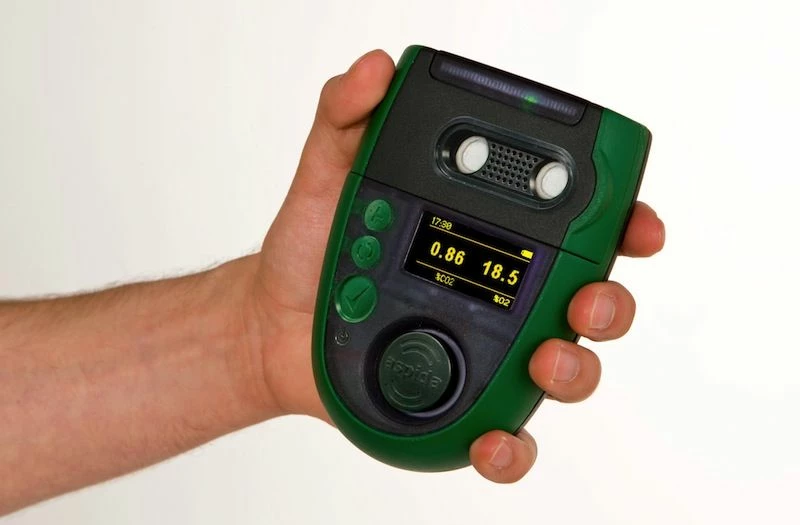
Partner Article
North Yorkshire firm strengthens South African presence and opens agricultural markets
Stokesley, North Yorkshire-based Analox Sensor Technology has announced a new partnership which both strengthens its presence in South Africa, and introduces its products into the agricultural market.
Analox Sensor Technology (AST), which specialises in the design and manufacture of gas analysers for military and commercial use, has agreed a distribution partnership with Agri-Enviro Solutions (AES) of South Africa, which operates across South Africa, Sub Saharan Africa, Mauritius, Madagascar and the Seychelles.
AES is a leading supplier of laboratory and scientific analytical equipment throughout the region, providing analysis and testing solutions to a range of industries, including agricultural, industrial, environmental, mining and more.
Malcolm Holman, managing director of AES (South Africa), said: “The agricultural market in particular is a neglected field, but one where gas detection is hugely important.
“If not effectively and accurately monitored, gas leaks could have catastrophic effects.
“There is much scope for growth, and this partnership with Analox Sensor Technology will give us a strategic edge in the market.”
Following extensive market research, AST is now introducing its products into the agricultural sector.
It already has a range of analysers available, which can, for example, monitor gases in Controlled Atmosphere Storage (CAS) and during fumigation or can monitor carbon dioxide (CO2) enrichment.
AST’s 5S MkIII CO2 sensor would be appropriate for monitoring CO2 levels in grain stores.
If levels of the gas are too high, the grain can turn from ‘fit for human consumption’ into ‘pig swill’, negating much of the value of the crop. AST’s Ax50 would also be suitable for safety monitoring in such areas.
Becca Dodds of Analox Sensor Technology commented: “In agriculture, a variety of gases are used in many different ways, from maintaining the health and productivity of fish stock, to stunning chickens or storing semen for animal husbandry purposes.
“It is important that any leak of a stored gas is detected before staff or animals are harmed.
“Additionally, there are a number of gases released naturally as by-products in the creation of slurry or compost, and when storing grain.
“A build-up of these gases, if undetected, could harm employees, encourage pests, or even become a fire or explosion hazard.
“We’re very pleased to now be working with AES to introduce our range of products across the agricultural industries.”
This was posted in Bdaily's Members' News section by Mark Lane .
Enjoy the read? Get Bdaily delivered.
Sign up to receive our popular Yorkshire & The Humber morning email for free.








 Raising the bar to boost North East growth
Raising the bar to boost North East growth
 Navigating the messy middle of business growth
Navigating the messy middle of business growth
 We must make it easier to hire young people
We must make it easier to hire young people
 Why community-based care is key to NHS' future
Why community-based care is key to NHS' future
 Culture, confidence and creativity in the North East
Culture, confidence and creativity in the North East
 Putting in the groundwork to boost skills
Putting in the groundwork to boost skills
 £100,000 milestone drives forward STEM work
£100,000 milestone drives forward STEM work
 Restoring confidence for the economic road ahead
Restoring confidence for the economic road ahead
 Ready to scale? Buy-and-build offers opportunity
Ready to scale? Buy-and-build offers opportunity
 When will our regional economy grow?
When will our regional economy grow?
 Creating a thriving North East construction sector
Creating a thriving North East construction sector
 Why investors are still backing the North East
Why investors are still backing the North East